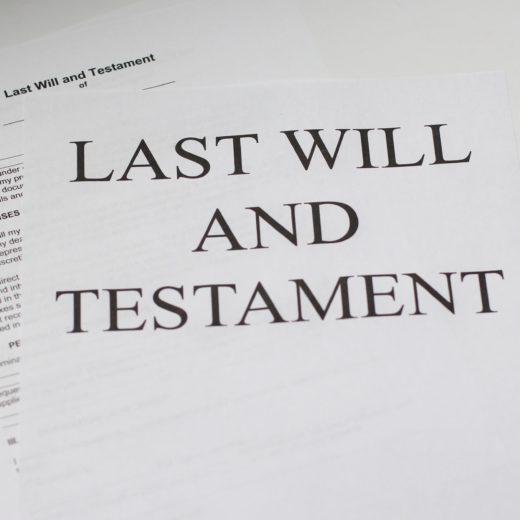News
Sign Up to receive our monthly newsletters.
LATEST NEWS
Are There Inheritance & Estate Taxes in Canada?
Clients regularly ask, are there Inheritance & Estate taxes in Canada? The good news is there is no inheritance tax in Canada on money or property you inherit. As a result, you do not report receiving it on your personal tax return.
Why may you ask?
It is the executor’s responsibility to file all personal & Estate tax returns. Additionally, they must pay all taxes owed to the Canada Revenue Agency (CRA) & obtain a Clearance Certificate from the CRA before distributing any money to any beneficiary. If they do not, they will be liable for any taxes that may become payable in the future.
That brings up the discussion about how things work
When a person dies, the CRA deems they have disposed of all properties right before death at Fair Market Value (FMV). Everything disposed of is reported on the deceased’s T1 Final tax return covering from Jan 1 to date of death. These properties can include:
– Registered Retirement Savings Plans (RRSPs)
– Registered Retirement Investment Funds (RRIFs)
– Investments such as stocks or investment properties
– Vacation homes or Principal Residence.
Taxes payable may be greater on the T1 Final tax return because of these dispositions which the Estate typically pays. The properties can be transferred to a spouse or common law partner, a beneficiary, or into the Estate to be sold later. These transactions each have different rules that can be applied to minimize taxes.
Estate Taxes
If properties are transferred into an Estate, the following must be reported on the T3 Estate tax return:
– Any earned income (capital gains, investment interest, etc.)
– Dispositions when sold (property or investment, sale or transfer)
This may also include the $2500.00 Canada Pension Death Benefit (if paid to the Estate). There are several types of Estate returns covering different time periods. The most common is a Graduated Rate return. This return may start the day after date of death & can cover a period of up to 365 days. Moreover, you may need to file more than one return before the Estate is Wound-Up. This occurs when all the Estate’s assets are sold. When the T3 Estate Wind-up return is filed & taxes are paid, the Clearance Certificate can be applied for. Once the Clearance Certificate is received from the CRA, the Executor can distribute the balance of the inheritance to the beneficiaries.
There are so many variables to address when a person passes away. And, to further complicate things, specific ways to report things on a tax return.
Contact us & book a meeting with our amazing tax professionals. They will guide you in Canadian Inheritance & Estate Taxes in Canada & help you do some tax planning.
Photo by Melinda Gimpel on Unsplash












